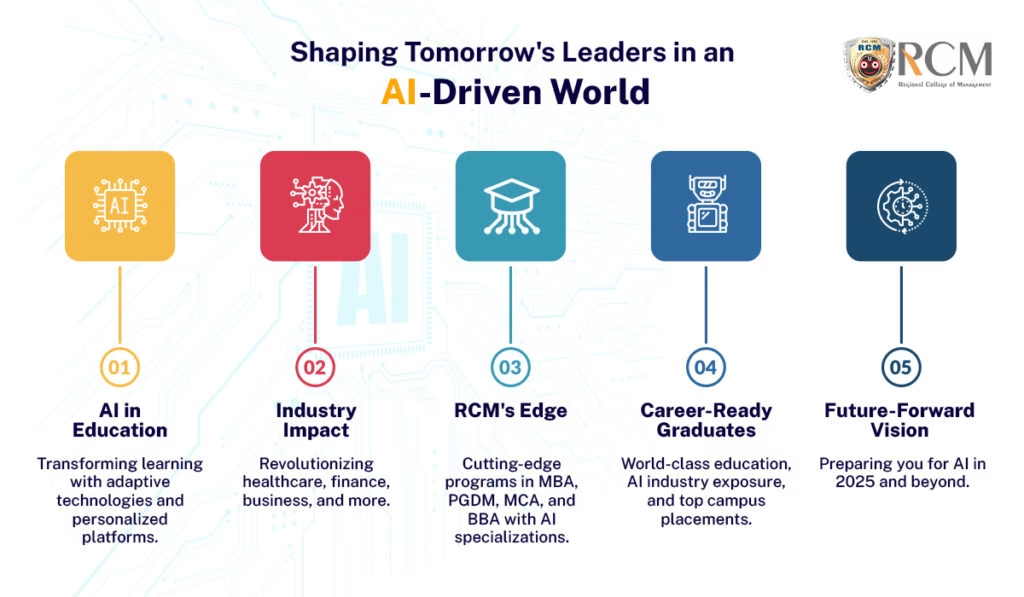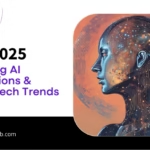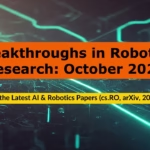“`html
Introduction: The Accelerating Evolution of AI and What’s Next for 2025
Estimated reading time: 10 minutes
Key Takeaways
- The pace of AI development is unprecedented, transforming every sector.
- AI breakthroughs shaping 2025 are set to be a pivotal point in its evolution.
- Key areas include generative AI, agentic AI, and physical AI, with profound impacts.
- AI is rapidly accelerating scientific discovery and innovation across various fields.
- The integration of AI with robotics and the physical world is opening new possibilities.
- Understanding these trends is crucial for navigating the future.
Table of contents
- Introduction: The Accelerating Evolution of AI and What’s Next for 2025
- Key Takeaways
- Generative AI: From Content Creation to Accelerating Innovation
- AI in Scientific Discovery: Unlocking New Frontiers
- Agentic AI Trends: Systems That Act and Adapt
- Physical AI Advancements: The Convergence of Mind and Matter
- Key AI Breakthroughs Expected to Define 2025
- The Broad Societal and Economic Impact of AI
- Embracing the AI-Powered Future: A Call to Stay Informed
- Frequently Asked Questions
The world is witnessing an unprecedented acceleration in artificial intelligence (AI) development. AI is no longer a futuristic concept confined to research labs; it’s a pervasive force rapidly reshaping industries, economies, and our daily lives. As we stand on the cusp of 2025, the trajectory of AI suggests a year poised for transformative breakthroughs that will redefine what’s possible. This surge in innovation is driven by fundamental technological advancements and their increasingly sophisticated real-world applications. This exploration delves into the crucial **ai breakthroughs shaping 2025**, examining key areas such as generative AI, agentic AI, and physical AI, and their profound impact on scientific discovery and beyond. The rapid evolution, as highlighted by sources discussing the accelerating pace of AI development and the significance of AI breakthroughs shaping 2025, underscores the importance of understanding these evolving trends. This post will provide insights into these advancements and their implications for the future, drawing from various expert analyses on cutting-edge AI technologies, how AI is changing the world, revolutionary AI medical breakthroughs, AI-powered smartphones, and the AI impact on digital transformation strategies.
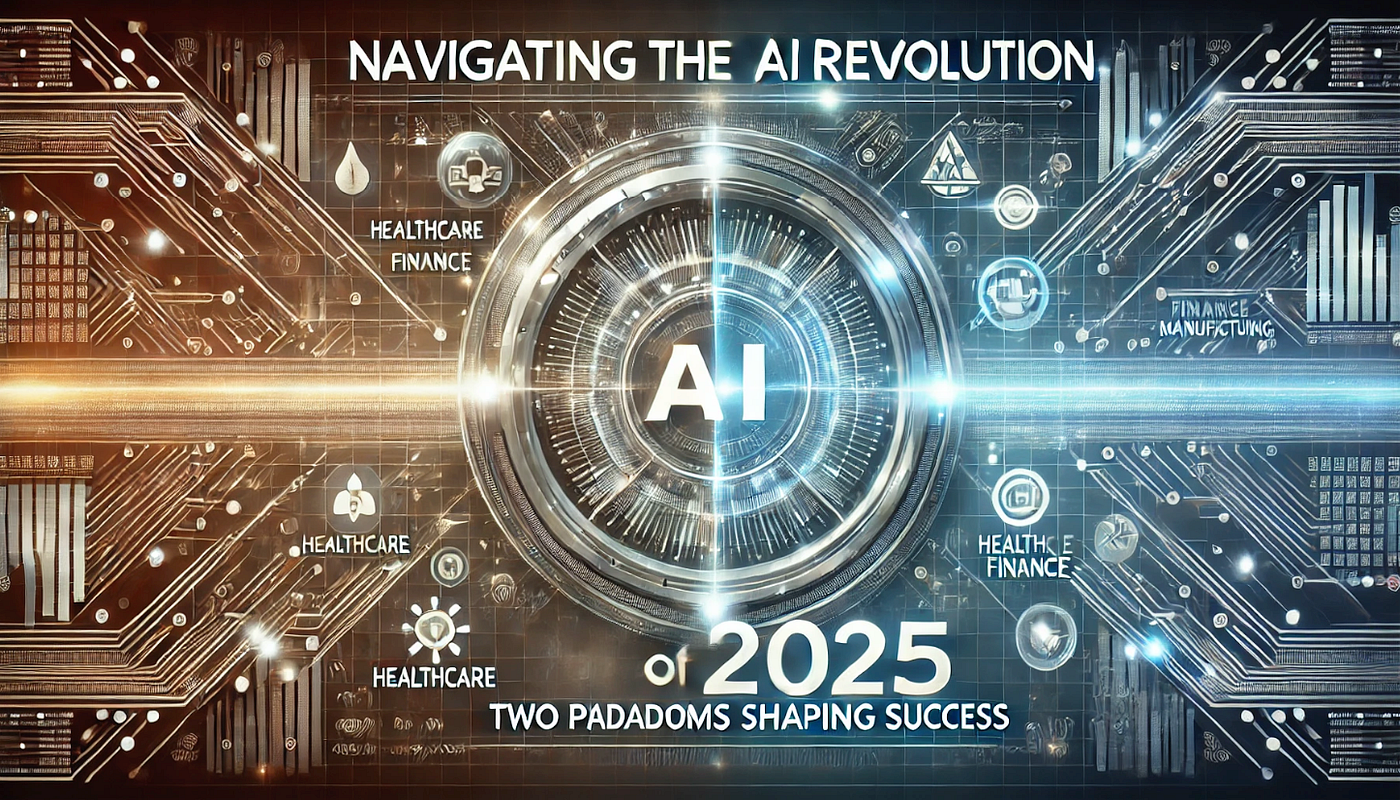
Generative AI: From Content Creation to Accelerating Innovation
Generative AI, at its core, is designed to create new data, content, or solutions that did not exist before. While its capabilities in generating text and images have captured public imagination, its **generative ai impact** extends far beyond these applications. In 2025, we can expect generative AI to become an even more potent engine for accelerating research and development. It’s increasingly being employed to generate code, automate complex workflows, and unlock novel solutions in fields as diverse as legal services, medicine, and advanced technical domains.
The adoption rates speak volumes about its growing influence. Research indicates that the uptake of generative AI among business decision-makers has surged dramatically, rising from 55% to 75% in just the past year, signaling its widespread integration into business strategies, as noted by Microsoft’s AI trends report.
Consider these concrete examples that illustrate its transformative power:
- *AI-driven protein simulation systems* are revolutionizing biomolecular research and drug discovery. These systems can tackle previously intractable problems in understanding protein folding and function, paving the way for new therapeutics. This advancement is a direct result of the enhanced capabilities highlighted in Microsoft’s insights.
- Businesses are increasingly relying on *custom and specialized generative AI models*. These tailored solutions are designed for industry-specific tasks, offering greater efficiency and precision than generalized models. This trend is supported by analyses from Microsoft and McKinsey, underscoring the strategic importance of bespoke AI.
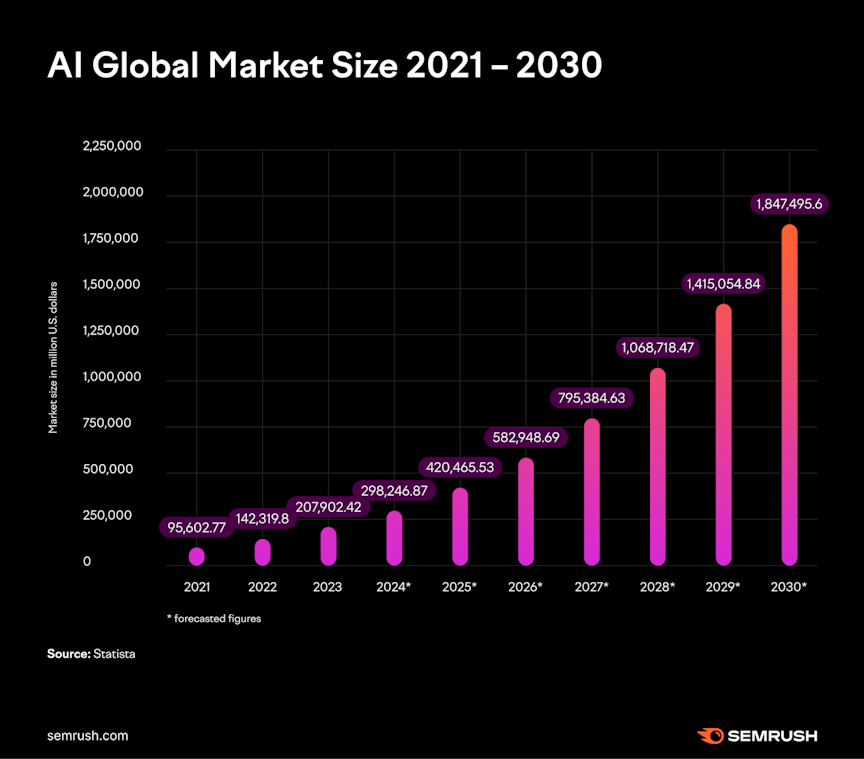
The continued evolution of generative AI, as explored in resources like future generative AI trends for 2025 and game-changing AI-powered productivity apps, promises to further enhance creativity and efficiency. Its role in boosting productivity, alongside its potential for unforeseen applications, makes it a cornerstone of future technological advancement.
AI in Scientific Discovery: Unlocking New Frontiers
The integration of **AI in scientific discovery** is heralding a new era of exploration and problem-solving. AI’s unparalleled ability to analyze vast and complex datasets at speeds unattainable by human researchers is proving critical across numerous scientific disciplines, including climate modeling, drug discovery, and materials science.
Specific research findings highlight AI’s profound impact:
- *AI-powered imaging systems* are now capable of detecting subtle cardiac issues that might be missed by conventional diagnostic tools, as reported by Crescendo AI. This enhances early detection and patient outcomes.
- Wearable, non-invasive brain-computer interfaces (BCIs) are being significantly enhanced by *real-time AI reasoning*. This dramatically improves the effectiveness of medical devices, offering new possibilities for individuals with disabilities, a development also noted by Crescendo AI.
- AI tools such as AI-2BMD are enabling sophisticated simulations of biomolecular dynamics. This capability is driving breakthroughs in protein design and enzyme engineering, pushing the boundaries of what’s possible in biotechnology, as detailed in Microsoft’s analysis.
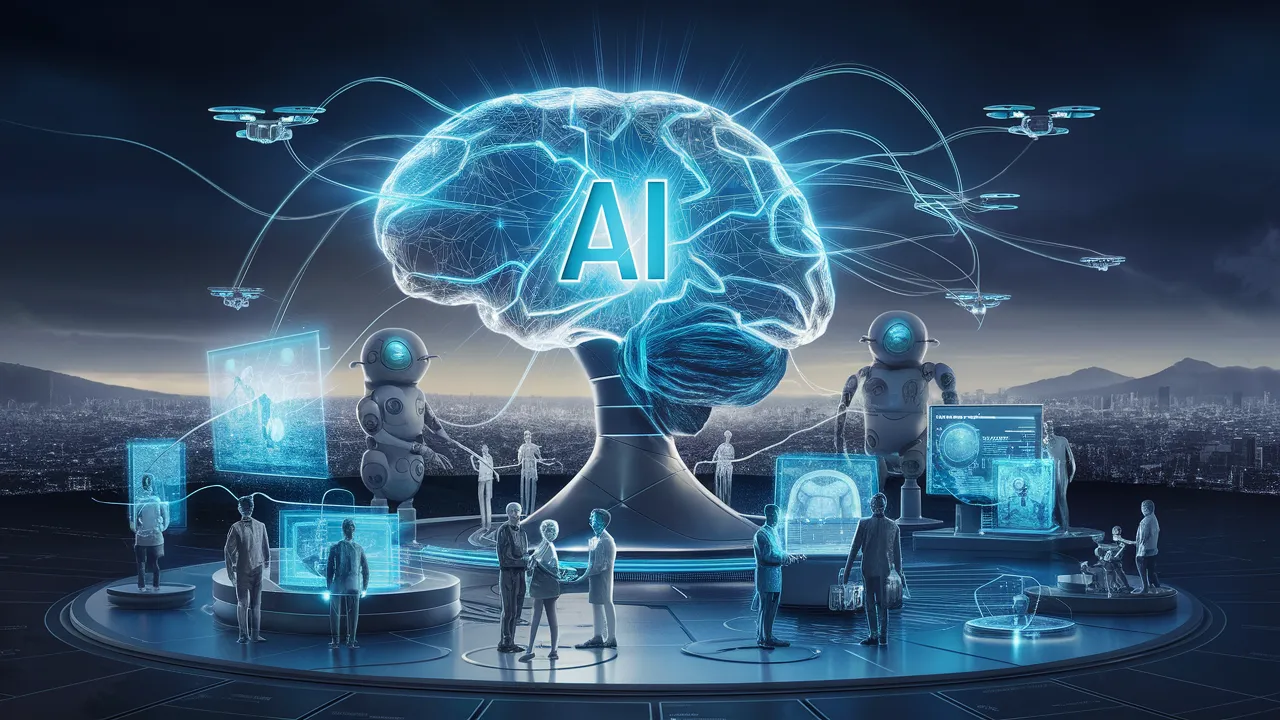
Crucially, AI’s ability to identify complex patterns and propose novel hypotheses is significantly accelerating the pace of scientific progress. This direct contribution to faster discoveries is a fundamental aspect of the **ai breakthroughs shaping 2025**. The potential applications are vast, extending to areas like healthcare, traffic congestion solutions, and advancements like AlphaFold 3 in drug discovery, all of which feed into broader digital transformation strategies.
Agentic AI Trends: Systems That Act and Adapt
The discourse around **agentic ai trends** focuses on a critical evolution: AI systems that are not just analytical but also capable of perception, decision-making, and autonomous action. An AI agent is defined as a self-governing system that can perceive its environment, make informed decisions, and execute actions to achieve specific objectives.
We are witnessing a significant shift towards AI systems exhibiting increased autonomy. These agents are increasingly adept at multi-step reasoning and can adapt dynamically to changing contexts. A key development is their enhanced capability to collaborate effectively with humans and other AI systems, blurring the lines between human and machine collaboration.
Research from sources like Deloitte highlights that these AI agents are becoming more sophisticated and are poised to unlock entirely new business models. Enterprises are actively investing in agentic AI, recognizing its potential for boosting productivity, enabling advanced process automation, and creating scalable, intelligent customer solutions. This strategic investment is supported by insights from Morgan Stanley and Deloitte.

The development of these autonomous capabilities is a substantial component of the upcoming **ai breakthroughs shaping 2025**. The interplay between agentic and generative AI, as explored in agentic vs. generative AI explained, is creating powerful new paradigms. Furthermore, considerations around agentic AI governance and its role in revolutionizing business and improving business workflows are critical to its successful implementation.
Physical AI Advancements: The Convergence of Mind and Matter
**Physical AI advancements** represent the exciting convergence of artificial intelligence with robotics and the physical environment. This integration empowers machines to not only process information but also to interact with and manipulate the real world in meaningful ways. Progress is evident in sophisticated robotics, autonomous vehicles, and AI-enhanced smart infrastructure, where systems can perceive, understand, and actively modify their surroundings.
Research highlights the impact of AI in the physical realm. For instance, AI-guided medical devices and robotics are enhancing safety, precision, and accessibility in critical fields such as surgery and logistics, as noted by Crescendo AI and Deloitte. These advancements are crucial for fields ranging from autonomous vehicles to space technology and optimizing urban systems like traffic management.
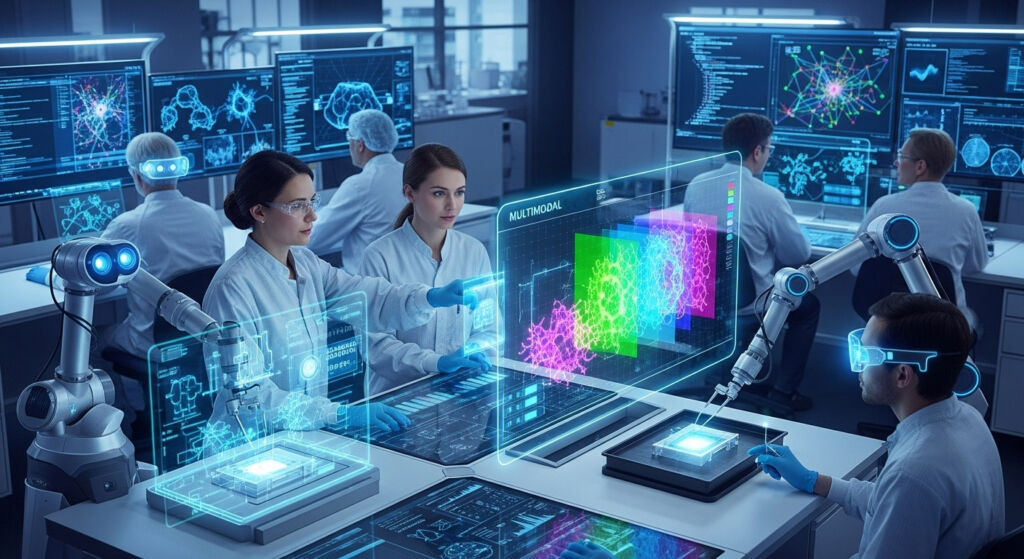
These **physical ai advancements** are effectively bridging the digital and physical realms, marking them as a vital frontier for **ai breakthroughs shaping 2025**. The synergy between AI’s intelligence and the tangible world promises innovations that were once the stuff of science fiction.
Key AI Breakthroughs Expected to Define 2025
Looking ahead, 2025 is poised to be a landmark year for AI, driven by a confluence of advancements across its various domains. Synthesizing the trends in generative, agentic, and physical AI, we anticipate several key **ai breakthroughs shaping 2025**. These include significant progress in more sophisticated reasoning capabilities, the development and widespread adoption of energy-efficient hardware—including custom-designed silicon—and a deeper, more seamless integration of AI with both cloud and edge computing infrastructures. These developments are thoroughly detailed in analyses from Morgan Stanley and Microsoft.

We can also expect the widespread adoption of autonomous agents capable of complex task execution. Furthermore, the evolution of multimodal AI models—systems that can process and generate information across text, audio, images, and video simultaneously—will mature significantly. Alongside these functional advancements, improved methodologies for accurately measuring AI efficacy and performance will become more prevalent, as highlighted in reports from Morgan Stanley and Microsoft. These advancements are expected to propel new applications across critical sectors, forging stronger connections between scientific research, diagnostic medicine, business process automation, and infrastructure management. The resource list of top AI trends to watch in 2025 and revolutionary AI innovations offers further insight.
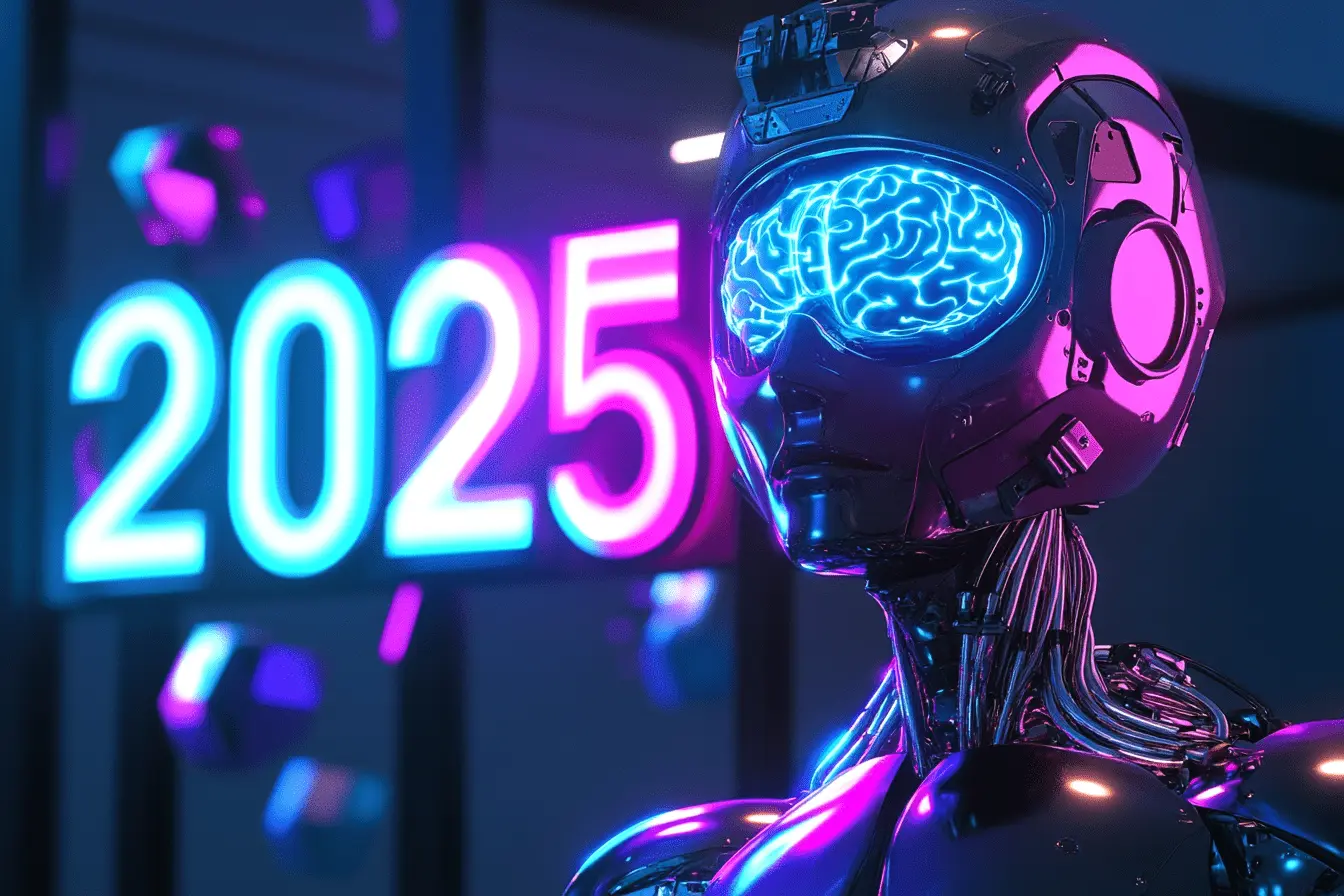
The future of AI in 2025, as explored through enterprise AI adoption trends and its impact on business operations, promises to be one of pervasive integration and transformative capability.
The Broad Societal and Economic Impact of AI
The pervasive influence of AI, particularly the **generative ai impact**, extends far beyond technological capabilities, permeating societal structures and economic landscapes. These effects are inherently multidisciplinary, touching upon various aspects of human endeavor, as recognized by analyses from Morgan Stanley and Microsoft. AI holds immense potential to address some of the world’s most pressing challenges. This includes advancing climate modeling to better understand and combat climate change, developing highly personalized medicine tailored to individual genetic profiles, and optimizing global logistics for greater efficiency and sustainability, as underscored by Microsoft’s report.
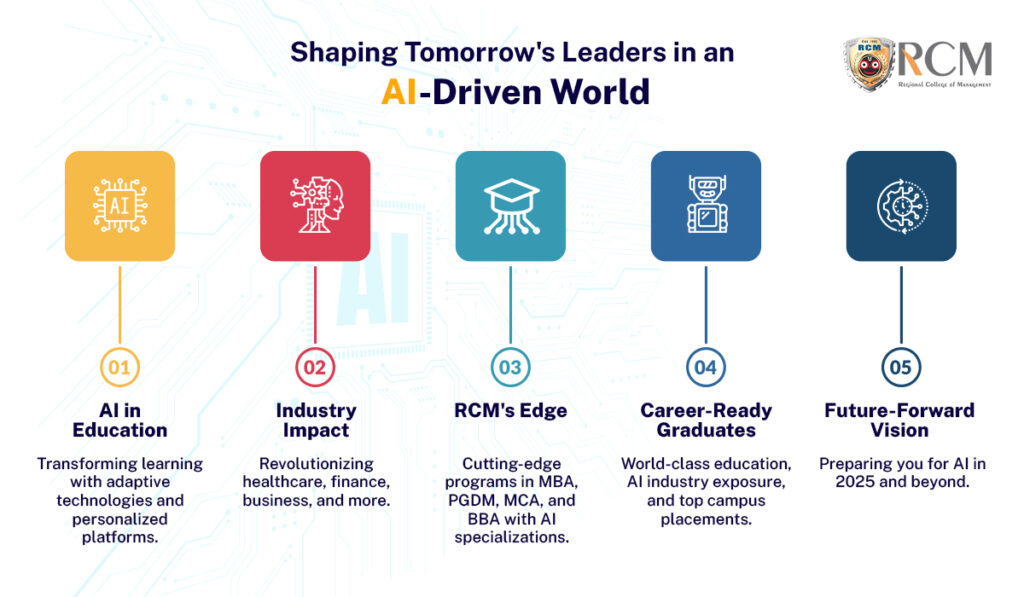
However, with these powerful capabilities come significant ethical and governance considerations. The increasing sophistication of AI necessitates careful attention to issues of transparency, the potential for algorithmic bias, and the imperative for responsible deployment across all applications. Ensuring fairness, accountability, and human oversight in AI systems is paramount, as emphasized in discussions surrounding ethical AI deployment and the broader impact of AI on the world. The discourse on AI’s impact on jobs and its role in climate change mitigation are also critical components of this broader societal discussion.
Embracing the AI-Powered Future: A Call to Stay Informed
As we synthesize the key **ai breakthroughs shaping 2025**, a clear picture emerges: the convergence of generative, agentic, and physical AI, fueled by relentless advancements in reasoning capabilities and hardware innovation. AI is rapidly transitioning from being a mere tool to becoming a fundamental infrastructure layer underpinning scientific research, industrial operations, and societal functions. This transformation is a consistent theme in analyses by Morgan Stanley and Microsoft.

The accelerating pace of AI development presents both immense opportunities and significant challenges. To effectively harness the benefits of AI and navigate its complexities, it is critically important for individuals, organizations, and policymakers alike to remain informed about these rapidly evolving **ai breakthroughs shaping 2025** and beyond. Staying abreast of trends like those discussed in top AI trends and understanding the scope of AI breakthroughs is not just beneficial but essential for thriving in the future. Resources such as navigating future AI and insights into AI in cloud security offer valuable perspectives for this ongoing journey.
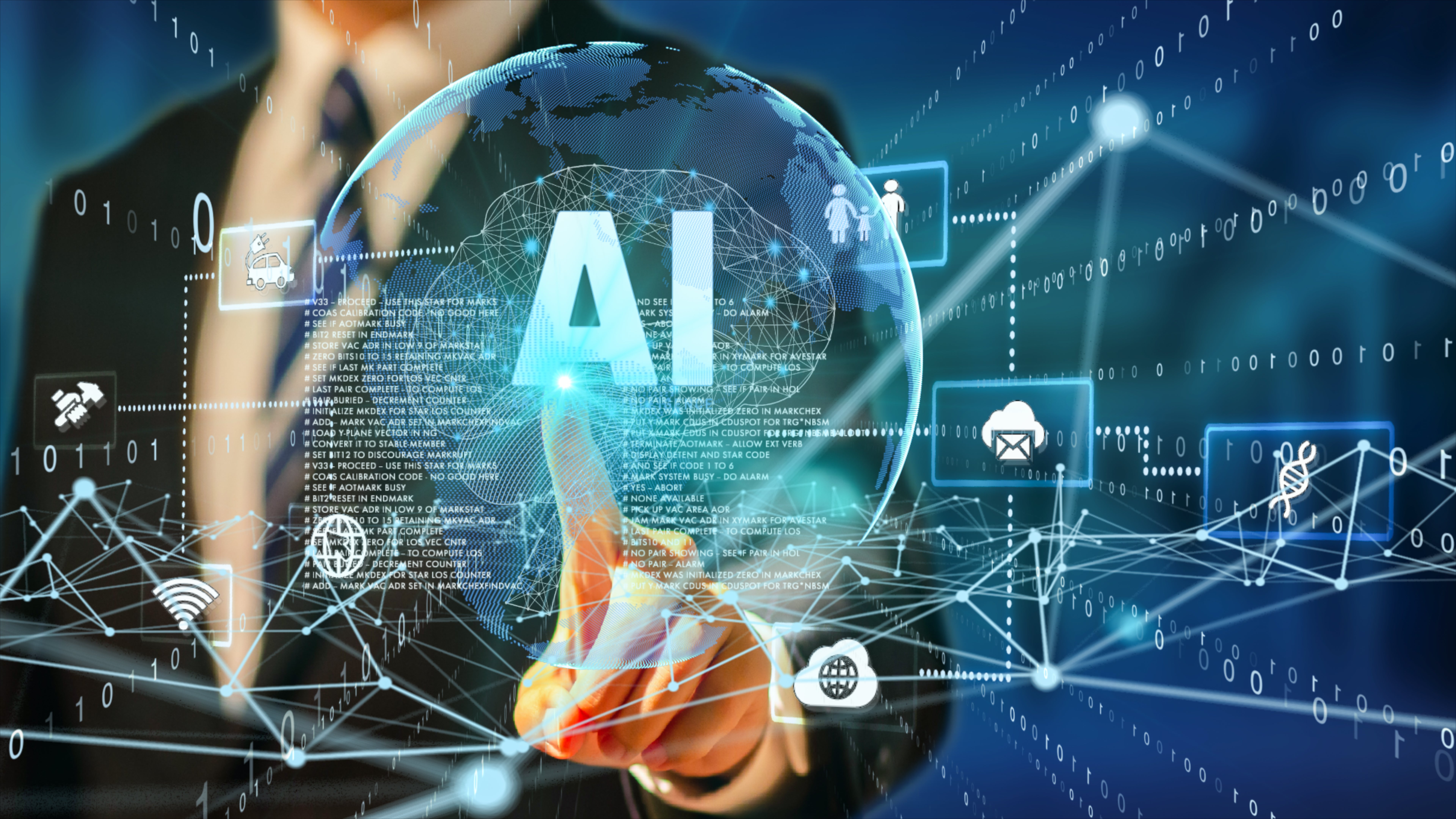
Frequently Asked Questions
Q1: What are the most significant AI breakthroughs expected in 2025?
A1: Key breakthroughs anticipated include advancements in AI reasoning capabilities, development of energy-efficient AI hardware, deeper integration of AI with cloud and edge computing, widespread adoption of autonomous agents, and the maturation of multimodal AI models. These are expected to drive innovations across science, industry, and society.
Q2: How is generative AI transforming industries beyond content creation?
A2: Generative AI is accelerating research and development by generating code, automating complex workflows, and creating novel solutions in fields like medicine and law. Its impact is also seen in custom model development for industry-specific tasks, significantly boosting productivity.
Q3: What is agentic AI, and why is it important for the future?
A3: Agentic AI refers to autonomous AI systems capable of perceiving, reasoning, and acting to achieve specific goals. Its importance lies in enabling more sophisticated automation, enhanced collaboration between AI systems and humans, and the development of new business models driven by increased autonomy and adaptive capabilities.
Q4: How is AI impacting scientific discovery?
A4: AI is revolutionizing scientific discovery by enabling the rapid analysis of vast datasets, accelerating research in areas like drug discovery, materials science, and climate modeling. AI-powered tools are also enhancing diagnostic capabilities and enabling complex simulations, significantly speeding up the pace of scientific progress.

Q5: What are the ethical considerations surrounding advanced AI?
A5: As AI becomes more advanced, ethical considerations such as ensuring transparency, mitigating bias in algorithms, and establishing responsible deployment frameworks are crucial. Addressing issues of data privacy, accountability, and the societal impact of AI is paramount for its beneficial integration.
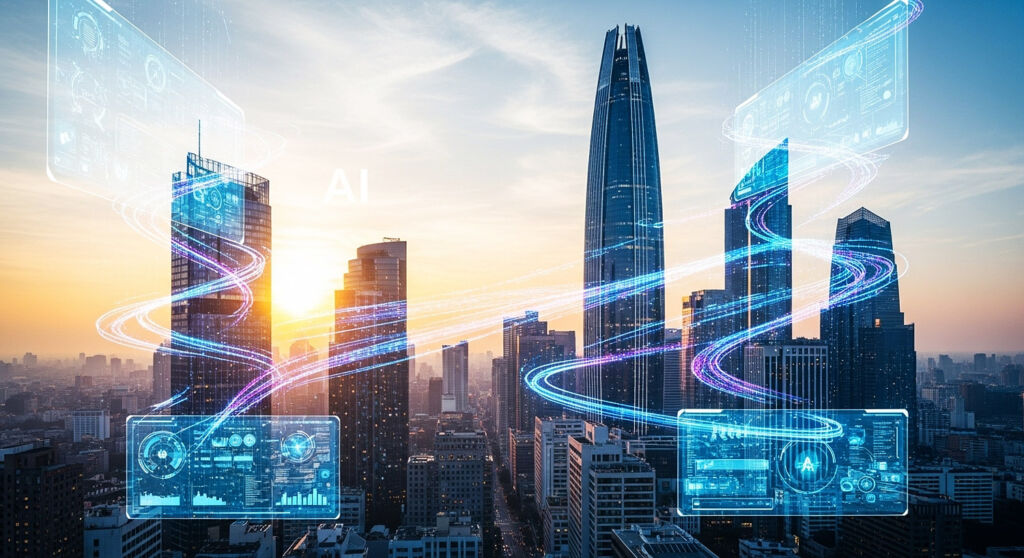
“`


